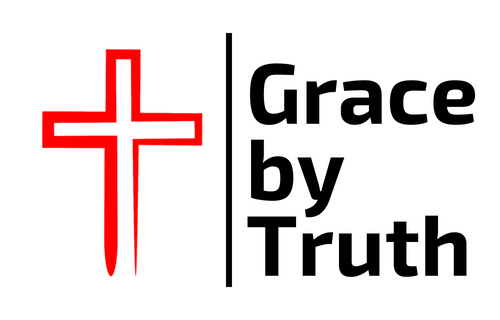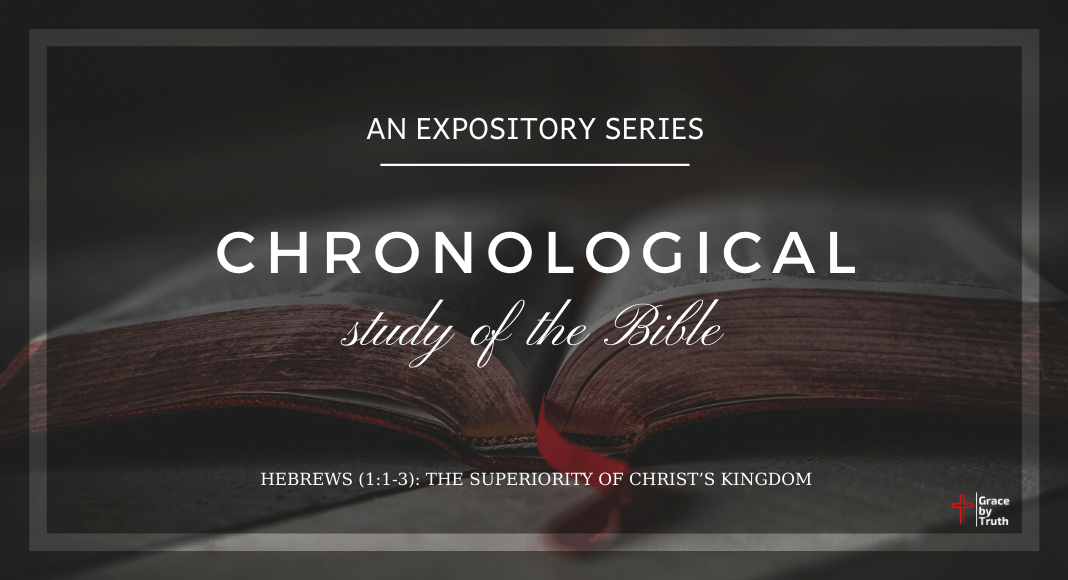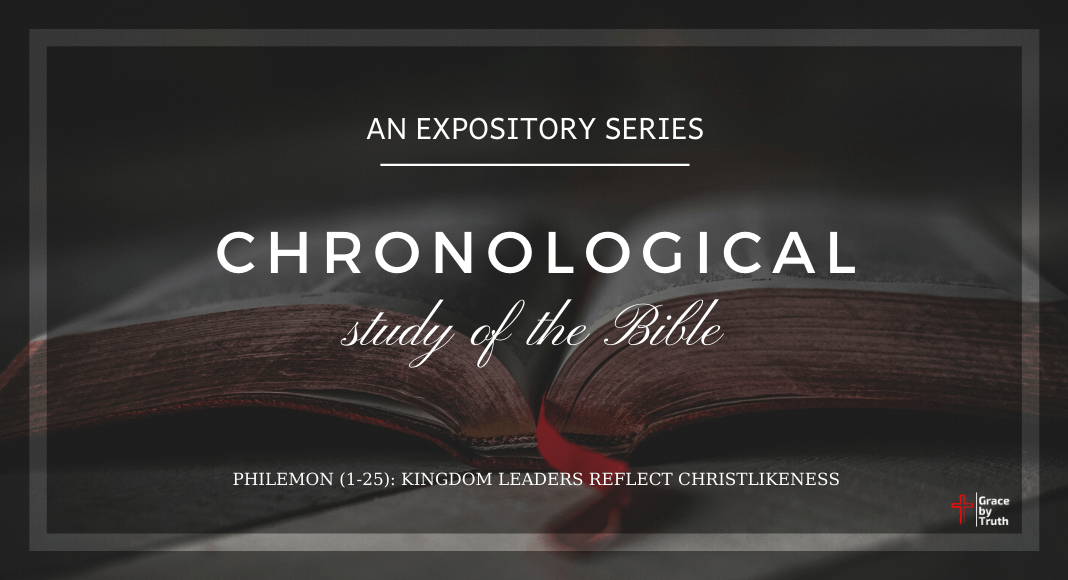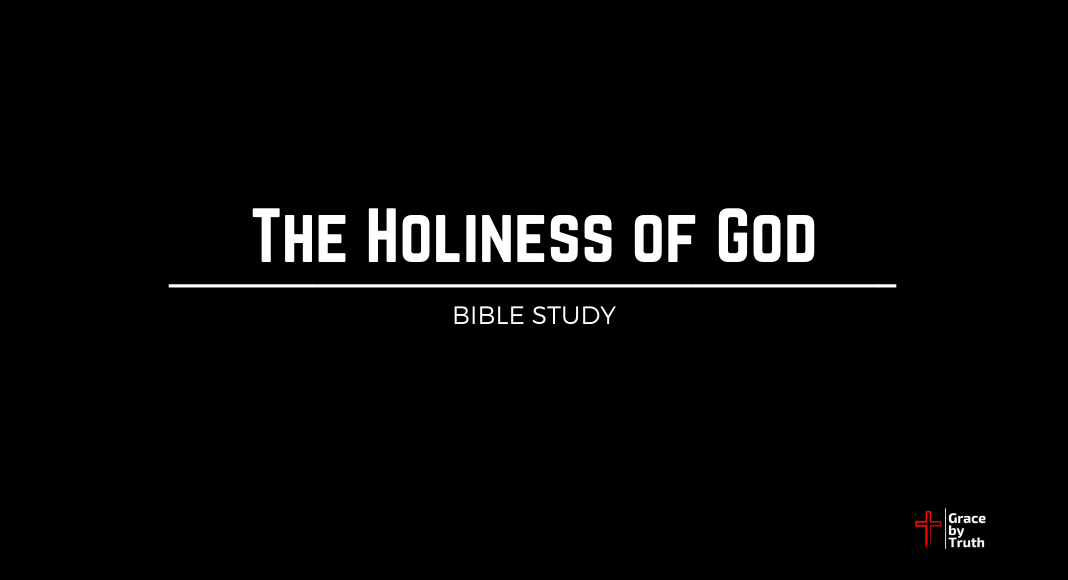The Church: Corporate Disciplines
Baptist Faith and Message 2000 VI. The Church:
“A New Testament church of the Lord Jesus Christ is an autonomous local congregation of baptized believers, associated by covenant in the faith and fellowship of the gospel; observing the two ordinances of Christ, governed by His laws, exercising the gifts, rights, and privileges invested in them by His Word, and seeking to extend the gospel to the ends of the earth. Each congregation operates under the Lordship of Christ through democratic processes. In such a congregation each member is responsible and accountable to Christ as Lord…”
I. The Church – (Ecclesiology) – 1st Mention. (Matt. 16:18)
A. Meaning of Church.
b. Biblical meaning – (Ekklesia- ek) from [out of or from] – kaleo (to call) – Those who have been called out or chosen by God. (1 Cor. 1:2)
c. Visible Church – (many) Augustine made distinction between the two. Those who have joined a church and are visibly active.
d. Invisible Church – (one) All true Christians (from human perspective because we don’t really know). The invisible church is actually found within the visible church.
II. Corporate Disciplines of the Church – (What Defines a True Church?)
A. Guidance or Biblical Teaching.
a. Early Christians learned from the Apostles (apostolos) and prophets and (one who is sent from) w/ Christ being cornerstone. (Acts 2:42; Eph 2:20).
b. Commands and principles today. (2 Tim. 4:1) (Ex. Stan Toussiant and Rolf)
c. “There are plenty of gifted communicators in the modern evangelical movement, but today’s sermons tend to be short, shallow, topical homilies that massage people’s egos and focus on fairly light subjects like human relationships, “successful” living, emotional issues, and other practical but worldly themes. These messages are lightweight and without substance, cheap and synthetic, leaving little more than a fleeting impression on the minds of the hearers. The only thing that can truly change people’s lives is the power of the Holy Spirit through the written Word of God” — John MacArthur (Grace Community Church)
B. Proclaim the Gospel. – (atonement, deity of Christ, justification by faith alone) (1 Cor. 15) Ex. Mormons reject deity of Christ.
C. Celebration of the Ordinances. – (reformers followed Christ’s institutions alone).
b. Lord’s Supper.
1. (Transubstantiation) 7 sacraments in RCC – baptism, confirmation, Eucharist, Penance, Extreme Unction, Holy Orders, Marriage) This is my body. Substance vs. accidents.
2. Consubstantiation (Lutheran) – Christ with elements (ex. Fire to metal pipe).
3. Reformed View – (Christ spiritually not physically in element, grace imparted).
4. Council of Chalcedon – Statement regarding Jesus’ divinity (omnipresent) – human nature (locality).
5. Memorial View – Ulrich Zwingli & Anabaptist (Matt. 26:26; 1 Cor. 11:24).
D. Confession (1 John 1:9; 1 Cor. 11:23) and Discipline. Church government has responsibility to its members (teaching, correction and restoring (Matt 18).
E. Worship in the Church. (Rev. 5:11) (people say church is for fellowship or activities).
b. Worship through service – sacrifices (Ex. O.T. sin offering) but in N.T. it is our thoughts, words and deeds (Romans 12:1-2). Christians are to present their bodies as living sacrifices, which is our spiritual worship.
c. Worship involves praise- (music, singing, praying, serving, preaching) N.T. example predicated on O.T. worship rituals. (Eph. 5:18)
III. Hindrances to Corporate Fellowship. (James 4)
a. Selfish ambition – (James 4:1; Phil 2:3).
b. Critical of other people – (natural man).
c. “The natural man blames others when he is rejected or lacks a sense of fulfillment in his life. At any given moment in his life, he sees himself as either the beneficiary or victim of those around him. Others are supposed to make him feel good about himself, and when he doesn’t feel good about himself, others are the reason.” As a result, he then uses to tongue to defame, put down or verbally assassinate the character of those who he perceives as a threat to him.” (Gen. 3:12,13).
d. Arrogant disregard for God – (Ex. Luke 12:16-21).
ABOUT
Grace by Truth is known for delivering the precise and deep study of biblical truth in service to each other and the church.
CONTACT
CURRENT STUDY
MORE BIBLE STUDY OUTLINES
The Kind of Church God Blesses
The Kind of Church God Blesses - (1 Cor. 2:1-9) I. The Right Message (v.1-2) A. The Church’s primary message must be Jesus Christ and the Cross. -“A sermon without Christ, it is an awful, a horrible thing. It is an empty well; it is a cloud without rain; it is a tree...
Principles of New Testament Giving
Principles of New Testament Giving I. How do we determine the rules for giving or tithing? A. Dispensation (oikonomos)- is translated economy, stewardship, house rule or stewardship and it is used 29 times in the NT. (Eph. 1:10, 3:2, 9) B. There are seven...
The Holiness of God
The Holiness of God Holy - God is independently, infinitely, immutably, Holy. The sum of all moral excellence is found in Him. He is absolute purity, unsullied even by the shadow of sin. What Does it Mean to Be “Holy”? I. Old Testament - In the O.T. the root...







